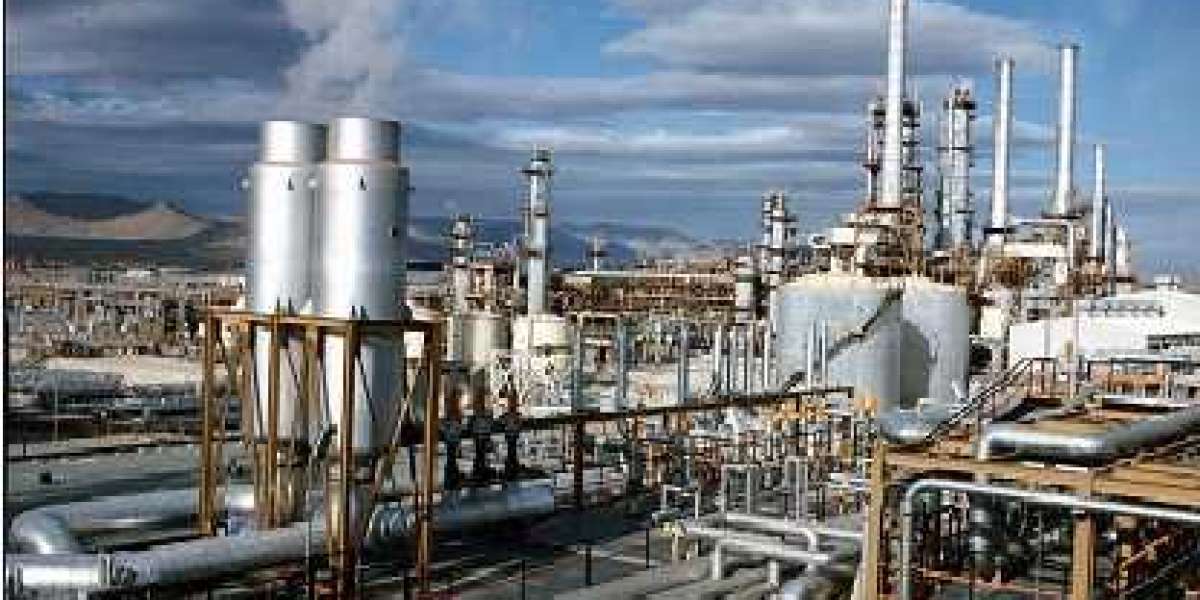The market for automotive lubricants is changing significantly from natural oil to synthetic oil. The synthetic lubricants are clearly taking the front stage. Many elements drive this change towards a better future. These are:
For Their Excellent Performance
Synthetic lubricants are designed to surpass traditional mineral-based oils. Their sophisticated compositions provide better engine protection, therefore lowering the wear and tear on important parts. Longer engine lifetime and lower maintenance costs can follow from this improved protection. Furthermore by reducing engine friction, synthetic lubricants can increase fuel economy. For consumers, this shifts towards fuel economy and saving money. Synthetic lubricants also have the benefit of permitting longer drain intervals than conventional oils by maintaining their viscosity and performance over protracted times.
Strict Emission Policies
Strict emission rules have challenged the automotive sector that means to lower environmental effects. Synthetic lubricants are formulated to satisfy these changing needs. Their low volatility and better burn qualities help to lower harmful pollution emissions. Synthetic lubricants are thus starting to be the preferred option for consumers trying to follow environmental criteria and reduce their carbon footprint, as well as for manufacturers.
Technology Advancements
High-performance synthetic lubricants have evolved, and that's because of the great part of ongoing advances in lubricant technology. These lubricants provide the best performance in tough areas by resisting harsh temperatures and running conditions. Synthetic lubricants preserve their viscosity and protective qualities, whether it's sweltering heat or freezing cold, so they offer consistent lubrication and avoid engine damage. Synthetic lubricants are now used in many different automotive industries, including off-road equipment, heavy-duty trucks, and high-performance cars, thanks in part to these technical developments.
Rising Consumer consciousness
Synthetic lubricant manufacturers are increasingly making it known to consumers as beneficial. It's in increased demand as drivers learn the benefits of better engine performance, lifespan, and fuel economy. This tendency is especially clear in the premium market, where customers are ready to pay more for better items that provide improved vehicle performance and protection. Recommendations from manufacturers and mechanics who understand the need for synthetic lubricants to preserve ideal engine performance feed the expanding public knowledge even further.
Important Agents of the Change Towards Synthetic Lubricants
Improved Engine Safety
Synthetic lubricants are popular for protecting engines. Their simple compositions build a strong protective layer on engine parts. This film reduces wear and friction even during heavy use. Synthetic lubricants help to lower friction, preventing any damage and early engine wear. Long-term advantages for car owners come from this proactive protection, extending the engine's total lifetime.
Enhanced Fuel Economies
Lubricant manufacturers make such products that can help fuel economy. Their better lubricating qualities lower engine friction, therefore enabling more effective operation of the engine. Less energy is wasted as heat results from this improved efficiency, which finally improves fuel economy. This turns for consumers into less visits to the petrol station and over time lower fuel expenses.
Long Drain Intervals
Extended drain intervals provided by synthetic lubricants surpass those of conventional oils. Their careful formulations and resistance to degradation help them to maintain their performance qualities over extended periods. Synthetic lubricant-using automobiles can thus go longer between oil changes, so saving time and money for their owners. Reducing waste oil by means of a lower frequency of oil changes also helps the environment.
Less Emissions
Reducing car emissions depends in part on synthetic lubricants. Reduced hazardous emissions into the atmosphere follow from their lower volatility and better burn characteristics. This environmental advantage fits the ever-stricter emission rules and the rising focus on sustainability. Choosing specialty lubricants allow drivers to actively help to create better and healthier surroundings.
Improved Performance Under Extreme Conditions
Synthetic lubricants are designed to shine at the most demanding conditions and temperatures. These lubricants preserve viscosity and protect qualities whether one is dealing with extreme cold or intense heat. In demanding conditions, this guarantees consistent lubrication and helps to avoid engine damage. Synthetic lubricants are the recommended choice for heavy-duty trucks, high-performance cars, and vehicles running in demanding environments because of their performance benefit.
Market Trends and Consequences
Growing need for synthetic lubricants
Synthetic lubricants are in great demand worldwide, and their trend is clearly upward. The several advantages they present drive this explosion. Key elements fueling their appeal are their better engine protection, enhanced fuel economy, and less environmental effect. The market for synthetic lubricants is likely to develop significantly in the foreseeable future as public knowledge of these benefits rises together with ever-strict environmental rules.
Rising Research and Development Spending
Manufacturers of OEM-approved lubricants are significantly funding research and development. Their main goal is to develop fresh, creative synthetic lubricants. These developments seek to satisfy the changing needs of the automotive sector, which is always looking for better performance, efficiency, and sustainability. This dedication to creativity guarantees that synthetic lubricants stay at the forefront of technological developments in the automotive sector.
Movement in Market Share
Synthetic lubricants are taking the stage in the market. Their better performance and environmental advantages are causing a slow replacement of traditional mineral-based fuels. Synthetic lubricants market share should grow even more as the consumer wants change and environmental issues get more important. Manufacturers and suppliers have a great chance to profit from this change by grabbing on the rising demand.
Development Perspectives
The growing need for synthetic lubricants creates a universe of development possibilities. Manufacturers of lubricants and suppliers are in a prime position to gain from this inclination. Booming their product lines and making research & development investments would help them to meet the changing needs of the market and guarantee a bigger part of this sector. This offers a favorable scene for companies in the automobile lubricant market.
In the sector of automobile lubricants, the change towards synthetic lubricants is a main trend. The better performance, environmental advantages, and technology developments connected with synthetic lubricants propel this trend. The demand for synthetic lubricants is likely to rise as the automotive sector develops, thereby offering a better chance for businesses in this sector.


